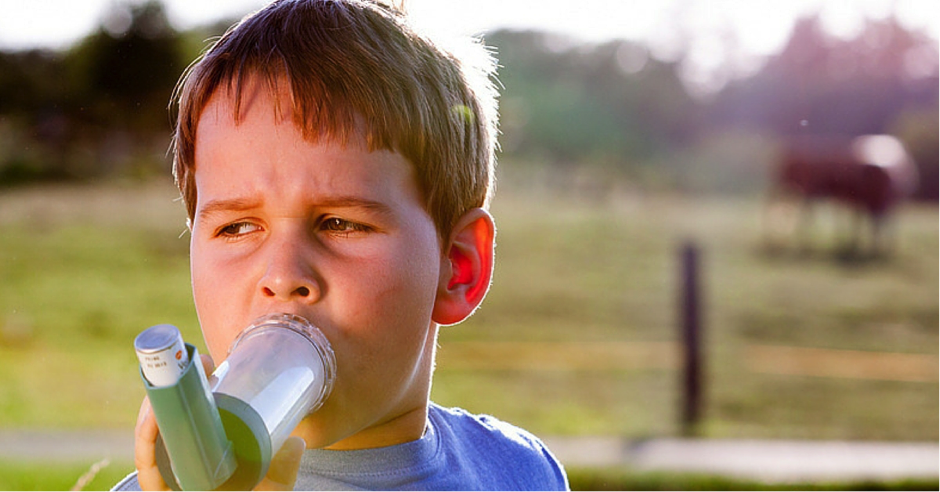A few weeks ago, we started to do a series of blog posts on illnesses that resulted in the most calls for home visits by after hours doctors. High on this list is a high fever. Triggered by a variety of underlying conditions, a fever is often the first and most important indicator of ill-health. It is also the first worrisome symptom. In reality, the severity of a fever and the underlying condition are not correlated. For instance, a low-grade fever could be due to a serious condition like meningitis. This article will give you some ideas of what could cause a high fever and give you the related symptoms to watch out for.
What is defined as high fever?
Normal body temperature for an adult and a child is 37°C, but it also depends on individual differences which may cause minor fluctuations depending on the time of the day. Normal body temperature will be determined by:
- A person’s age
- Recent activities that they have been carrying out (for instance, if you have been out in the sun for very long)
- Time of the day or night
- The part of the body you take the temperature from (the ear and under the tongue are generally considered more accurate than say, in the armpit).
Body temperature between 37-39°C is considered a mild fever. Anything from 39-42 is high fever and above 42.4°C the fever is very dangerous and can cause serious, long-lasting damage. Fever could be triggered by some of the following, according to the Better Health Channel:
- Viruses that cause the flu, the common cold or upper respiratory tract infections.
- Bacterial infections such as tonsillitis, pneumonia or urinary tract infections.
- Tropical diseases like malaria or typhoid.
- Heat stroke.
- Malignant tumours.
Remember the higher body temperature is your body’s way of fighting off the infection. So with a common condition, the mild fever lasts a few days and will go away on its own. OTC fever reducing and pain relieving drugs are usually sufficient. Fever in children has to be watched very carefully, so see your GP if you have a child whose temperature is higher than usual. In children under the age of 3 months, a fever is rare, so again, the GP must be your first port of call.
Common symptoms of a fever:
A good thermometer will give you a precise reading of body temperature, so that is your first and best indicator of a fever. However, a fever will be accompanied by some of the following symptoms, according to Mayo Clinic:
- Sweating
- Shivering
- Headache
- Muscle aches
- Loss of appetite
- Dehydration
- General weakness
In children look for these additional symptoms and seek immediate medical help if you spot them:
- Is listless or irritable, vomits repeatedly, has a severe headache or stomachache, or has any other symptoms causing significant discomfort.
- Has a fever after being left in a hot car. Seek medical care immediately.
- Has a fever that lasts longer than three days (in children age 2 and older).
- Appears listless and has poor eye contact with you.
Remember that toddlers get fevers for a range of reasons. Mild temperatures last for only a few days and are usually symptomatic of a viral or bacterial infection that is harmless. Sometimes, though, high fevers that last much longer and might be an indication of an underlying chronic, long-term illness or disease. A high fever in children can result in dehydration, hallucinations and what is called febrile seizures (loss of consciousness along with a shaking of limbs). The latter are frightening, but in most cases, there is no lasting damage. Do watch for these symptoms, however, and seek immediate medical assistance.
High temperatures in adults are a little less worrisome. Theoretically, a high body temperature fights a host for viruses and pathogens and helps in stimulating the immune system making it more powerful at fighting bacteria. But it does not help to be complacent.
See your GP if you are suffering from:
- Severe sunburn
- If an existing fever lasts longer than 3 days.
- The fever follows an immunisation – this indicates a reaction, and should be treated urgently.
- The fever is a reaction to drugs.
- Inflammatory conditions.
- After major trauma or surgery – this could indicate a serious post-operative infection.
- If the fever is accompanied by shivering and chattering of teeth.
Fever diagnosis
If you seek your GP’s advice in case of a fever, the GP may recommend tests that may include urine, blood, faeces or tissue samples. The samples will help the lab technicians identify the origin and cause of the fever which normally is a pathogen or virus. If these prove inconclusive, further tests may be required which include X-rays, CT scan or an ultrasound.
Remedies for a fever
A mild or slightly high fever calls for some simple, common sense home remedies before medical attention is available. Better Health Channel recommends that you:
- Drink lots of water to hydrate: When the fever is still high, aim to drink plenty of water. Dehydration causes an individual to feel dizzy, have muscle cramps, low blood pressure, and even seizures. Avoid alcohol, tea or coffee to prevent dehydration.
- Take OTC fever reducing medication: Nurofen, Panadol etc. should be taken to bring down the fever provided you are not allergic to any of them. Take them only in the recommended dosage.
- Wear light clothing: Put on clothing that is light and allows air circulation. Get rid of heavy blankets that trap excess heat which may make the fever last longer.
- Get plenty of rest: Enough rest helps your body regain its normal body temperature faster by strengthening the immune system.
- Avoid showers: This may constrict the blood vessels, trapping body heat.
In most cases, a fever is only your body fighting off an infection. But keep a watchful eye on the associated symptoms, especially in a child. See your GP as soon as you spot a worrisome symptom.





